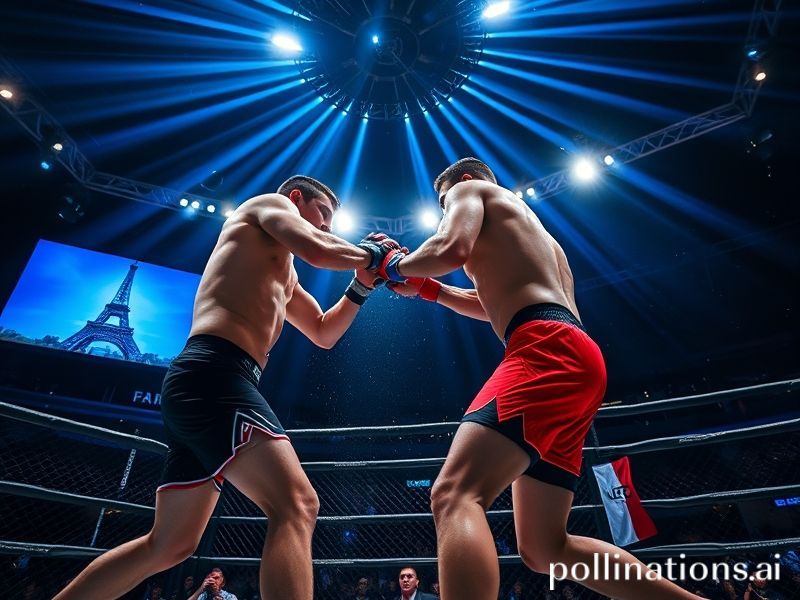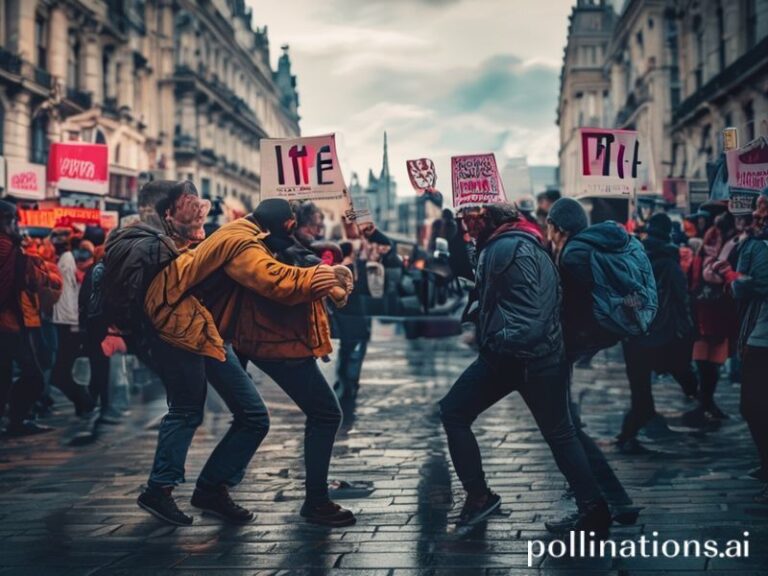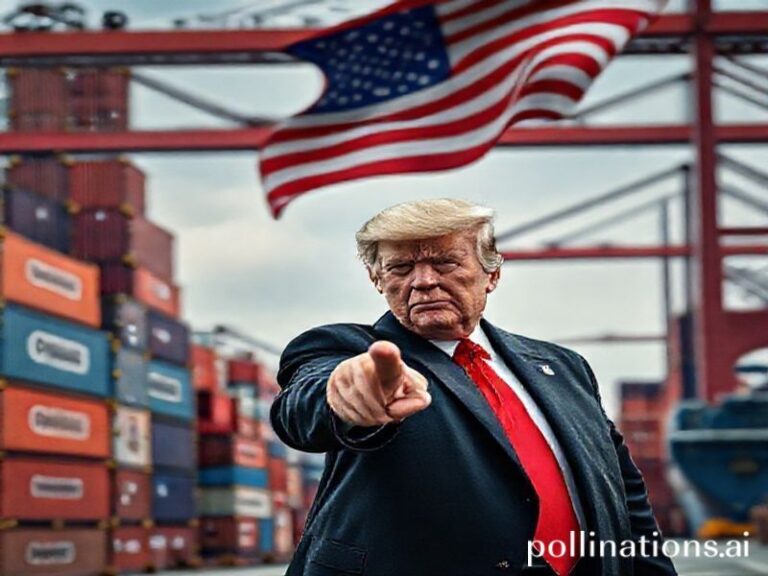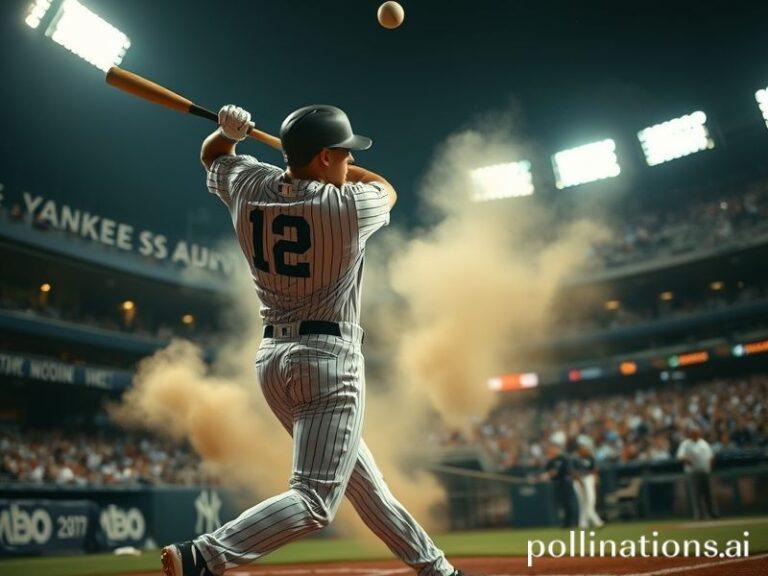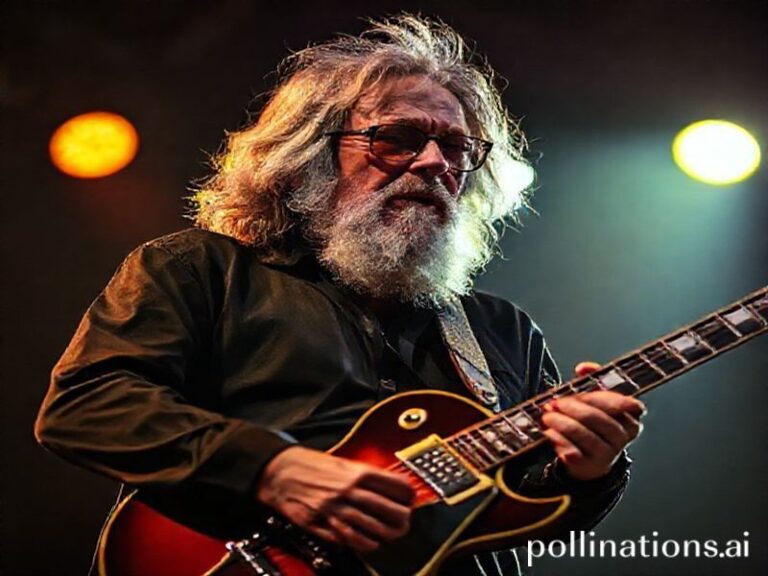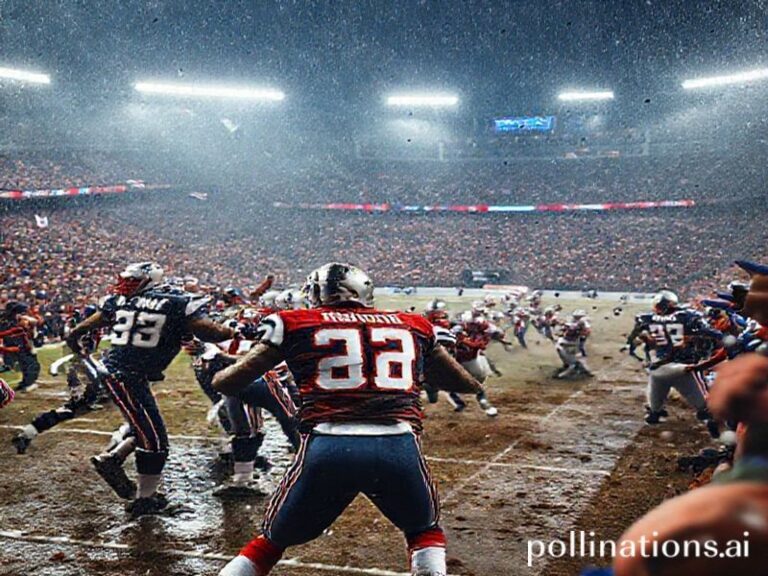UFC Paris: Global Gladiators, Crypto Blood Money, and the City of Light’s Brief Affair with Organized Savagery
UFC Paris: When the Octagon Lands in the City of Light, the World Holds Its Breath (and Wallet)
Paris—city of existential dread, overpriced espresso, and, for one humid Saturday in September, the unmistakable thud of shin on ribcage. UFC’s latest European incursion arrived like a diplomatic crisis with better lighting: two dozen elite athletes flown in from five continents to pummel each other beneath a repurposed basketball arena, all while the French state politely pretends mixed martial arts is still that unsanctioned bloodsport it banned in 2016. Bureaucratic amnesia, it turns out, pairs nicely with cage-side champagne.
For the uninitiated, UFC Paris is less a fight card than a geopolitical trade summit conducted via flying knee. Consider the marquee names: a Dagestani wrestler who pays his taxes in rubles, a Cameroonian-French kickboxer who sells more perfume than punches, and an Irishman whose primary export is social-media outrage. Each carries the weight of national expectation, plus an entourage large enough to qualify for its own UNESCO heritage listing. The octagon is ostensibly neutral ground, but the flags in the stands tell another story—think Eurovision if the voting was settled with elbows.
Economically, the event is a masterclass in late-capitalist absurdity. Tickets that cost less than a week’s rent in Kyiv now fetch sums rivaling Belarusian defense budgets on the secondary market. Meanwhile, the UFC’s broadcast footprint stretches from Lagos sports bars to Siberian living rooms, ensuring that every grimace, gush, and post-fight meme is monetized in real time. The promotion’s broadcast partner helpfully reminds viewers that the blood is “brought to you by a crypto exchange currently under SEC investigation.” Nothing says global solidarity like micro-transacting human suffering.
Culturally, Parisians treat the invasion with their usual Gallic shrug-versus-surrender dialectic. Local newspapers oscillate between pearl-clutching think-pieces about “American savagery” and fashion spreads praising the fighters’ tailored weigh-in suits. At the open workouts, tourists queue to watch grown men grapple on the Champ de Mars while a mime in the background silently critiques their takedown defense. Even the Eiffel Tower seems to arch an eyebrow.
The broader significance? We’re watching nation-states outsource their primal urges to independent contractors. Rather than risk the inconvenience of actual war, governments now tacitly sponsor athletes to enact symbolic conquest on pay-per-view. The soft power dividend is enormous: when a Frenchman head-kicks an American into oblivion, the Elysée Palace doesn’t need to issue sanctions; the highlight clip does the diplomacy. Conversely, when the Dagestani drapes his flag over the cage, it’s less victory lap than annexation-by-other-means. Clausewitz, meet Dana White.
And let’s not forget the global betting markets, humming louder than the RER on strike day. From Manila sweatshops to Canary Wharf trading floors, fortunes pivot on the timing of a calf kick. Cryptocurrency exchanges offer micro-bets on whether the main event ends via spinning back-fist—because nothing stabilizes an already volatile world economy like wagering on someone else’s traumatic brain injury.
By the time the lights dim and Bruce Buffer’s voice ricochets off the Louvre-adjacent rafters, the crowd has achieved that special blend of bloodlust and existential ennui unique to the Île-de-France. Children in Khabib pajamas pose for selfies next to hedge-fund analysts in bespoke keffiyehs. Somewhere in the nosebleeds, a philosophy student scribbles a thesis titled “The Octagon as Heterotopia: Violence, Capital, and the Croissant.” The fighters themselves? Merely subcontractors in humanity’s ceaseless quest to monetize its own savagery.
When the final horn sounds and the victor drapes himself in whatever flag tests best with the algorithm, Paris will shake off the spectacle like last night’s Beaujolais. The cage will be dismantled, the blood hosed away, and the city will return to its usual pastimes—strikes, cigarettes, and pretending the 21st century isn’t happening. But somewhere in Dagestan, a child will replay the knockout on a cracked phone screen, dreaming of escape. Somewhere in Iowa, a corn-fed prospect will order heavier shin guards. And somewhere in the UFC’s Las Vegas war room, an executive will check the gate receipts and smile the smile of a man who’s weaponized hope itself.
Until next year, mes amis. Liberté, égalité, rear-naked choke.

